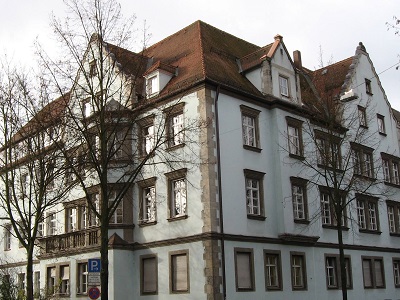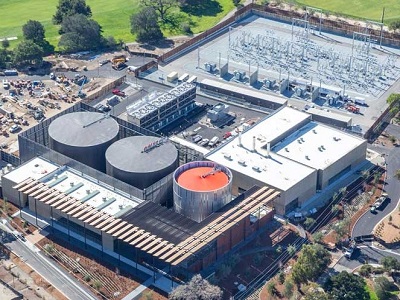- Details
ISET Professor Norberto Pignatti was invited by the Leibnitz Institute for East and Southeast European Studies in Regensburg to present his paper, ‘Job market outcomes of IDPs: the case of Georgia’.
The presentation took place on Tuesday, November 14.
The Leibniz Institute for East and Southeast European Studies (Leibniz-Institut für Ost- und Südosteuropaforschung – IOS) is one of the largest and longest-established institutions of its kind in Germany. The IOS is organized as a non-university research institution. It brings historical, economic and other social science expertise to bear on interdisciplinary research fields that are oriented towards transnational and comparative perspectives. The focus lies especially on Southeast Europe and the territory of the former Soviet Union.
- Details
Stanford University has recently started using a new heat recovery system. A large research campus such as Stanford University, requires a substantial amount of energy to operate, resulting in a significant amount of Greenhouse Gas emissions and high operating costs, which makes a management of resources a priority.
After a detailed review of campus energy use, researchers identified a simultaneous need for heating and cooling in the university campus. Different rooms require different temperatures depending on what kind of equipment and activities are taking place there. For example, in office spaces temperature needs to be higher than in computer labs. Researchers studied how to collect wasted heat - which is the heat emitted as a byproduct by office equipment during its working process - generated within a building and reuse it in another where more heat is required. This, known as a reheat process, is accomplished through the building hot water hydraulic system, developed by Stanford researchers under the Stanford Energy System Innovation (SESI) project.












